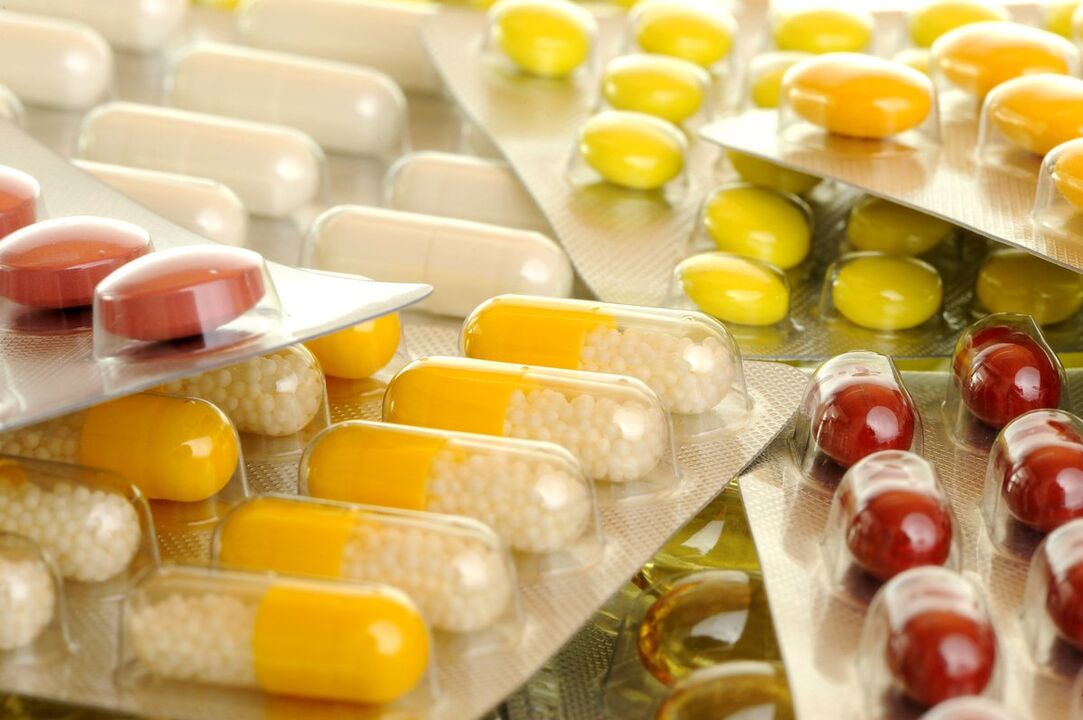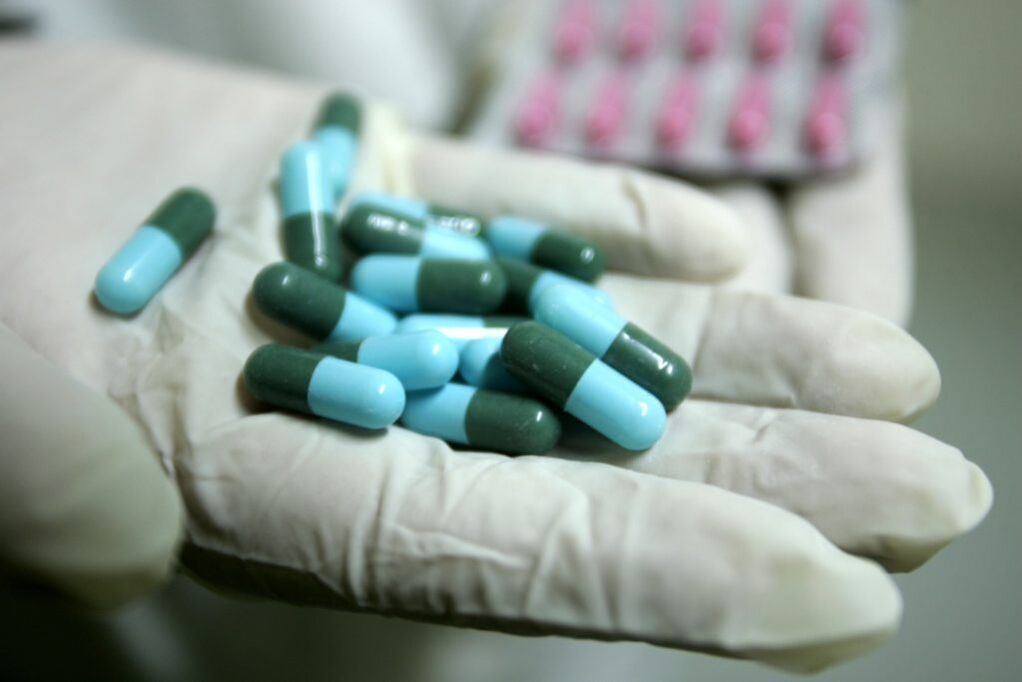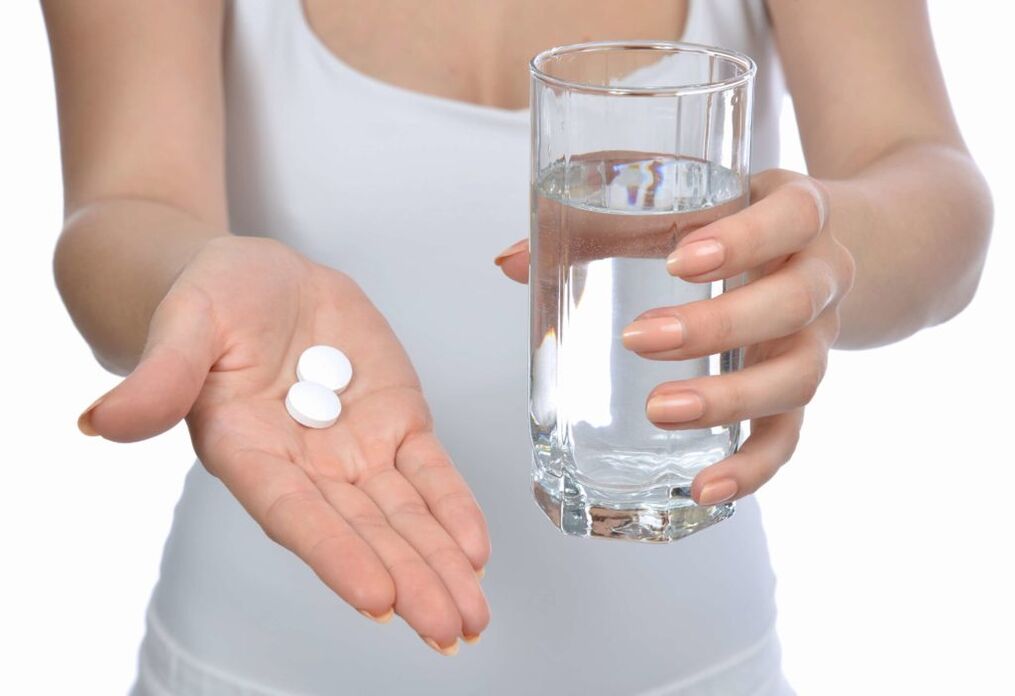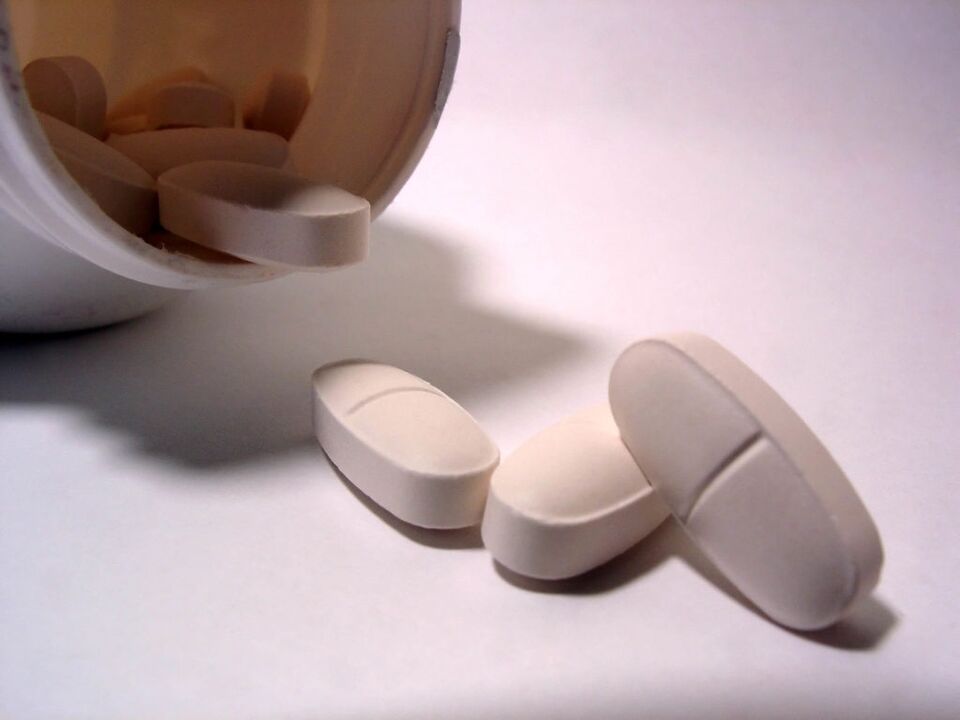
As we age, external factors cause problems with the major organ, which can cause headaches, increased blood pressure, and decreased memory.
These symptoms can be successfully alleviated in the initial stage with the help of drugs that act on damaged blood vessels in the brain. In case of circulatory problems, medications are used that stimulate brain activity and promote the free supply of oxygen to blood vessels.
Who needs to improve cerebral circulation
Each stage of life has its own difficulties that can negatively affect blood circulation.
Early age
At this time, impaired blood circulation occurs due to insufficient oxygen supply to the body during pregnancy (in the womb) or during childbirth (including cesarean section). Children who have experienced such situations require recovery from insufficient oxygen saturation. In this case, the rehabilitation process takes about three years.

Sometimes situations arise with bleeding from blood vessels, which can lead to various diseases (for example, vascular epilepsy, cerebral palsy). In such cases, the recovery process continues throughout life.
Preschool and adolescence
When mental stress increases, brain activity is activated, switching to a more intense mode of operation, which can lead to poor circulation. Hormonal changes are another cause of this disease.
Working age
Headaches can be the result of diseases that lead to compression of signaling pathways in the brain, which impedes the delivery of microelements to this organ and leads to their deficiency. Diseases that cause changes in brain function:
- Osteochondrosis disease;
- the presence of tumor formations in the head and cervical regions;
- blockage of the arteries of the brain by a blood clot;
- damage by atherosclerosis;
- inflammation of the vascular wall (endarteritis).
Senile age
Changes in resting circulation occur due to a stroke (hemorrhage or disruption of the blood supply). Diseases such as atherosclerosis and brain tumors may be hidden causes of this problem.
Is it possible to take medications on your own?
Some medications can be purchased without a prescription, but most still require a doctor's prescription and supervision over the use of the drug. If you are confident in the correctness of the diagnosis, it is possible to carry out drug therapy without the supervision of a specialist. In such cases, it is necessary to undergo regular medical tests.

Self-administration of medications can lead to negative consequences. The best option would be to visit a doctor, undergo a full test, make a diagnosis and follow its instructions.
Types and types of these medications. Medicines and tablets to improve microcirculation in older people
The use of medications helps get rid of headaches, eliminate weakness and dizziness, improve metabolic processes in the brain and restore its activity. According to their effects, drugs are divided into three main types:
- Drugs that dilate blood vessels;
- agents that reduce blood clotting and prevent the formation of blood clots;
- drugs that improve cognitive function.
The use of medications comes in a variety of forms. Patients recovering from a stroke, as well as newborns with neurological problems, are prescribed injections. In other situations, tablets are used to improve cognitive functions, containing components that help improve memory. The dosage is determined by a qualified specialist.
The drugs affect damaged areas of the brain without affecting healthy areas. People whose blood circulation to the brain is not impaired do not experience negative effects from using these drugs. We advise you to first study the question of why blood pressure does not decrease after taking medications in order to avoid negative consequences.

Vasodilators
The basic principle of operation of drugs that dilate blood vessels is to increase the permeability of blood vessels in the brain without affecting blood circulation. In elderly people, in order to improve mental activity and preserve memory, it is not advisable to use vasodilator drugs due to their uneven effect on the vessels of organs.
This effect, which raises blood pressure, becomes unsafe for those suffering from atherosclerosis.
Antispasmodics
To increase microcirculation, it is recommended to use drugs that can relax the smooth muscles of blood vessels, which helps to expand the spaces between them. However, you should remember the contraindications: this type of drug is not recommended for use by older people who have atherosclerosis.

Blockers
These drugs are aimed at improving blood circulation in blood vessels and increasing memory by reducing the activity of calcium ions and slowing their penetration into the smooth muscles of blood vessels. This process helps to dilate the arteries of the brain and improve the supply of oxygen.
Antiplatelet agents
The antiplatelet drug prevents the formation of blood clots due to its effect, which prevents platelets from sticking together. This medication stimulates metabolic processes in brain cells.
Flavonoids
Maintaining normal brain activity using flavonoids helps prevent the formation of sclerotic plaques. The use of flavonoid medications, injected to improve blood circulation to the brain and enhance cognitive function, may be effective in older adults. These medications help improve the elasticity of blood vessels.
Modern medications such as flavonoids help improve blood circulation in the brain.
Nootropic drugs
The nootropic helps improve blood circulation, especially in older adults and teenagers, stimulating mental alertness and memory. Schoolchildren are prescribed it to increase the efficiency of the educational process. These drugs help form a stable brain response to extreme situations and external influences.
Various drugs that alter cerebral hemodynamics and memory are addictive. You must carefully read the instructions for use and adhere to the recommended dosage.
Anticoagulants and antiplatelet agents
Drugs and medications aimed at improving blood circulation are used to combat blood clots. They affect blood viscosity, reducing the ability of platelets and red blood cells to stick together, which promotes faster and more efficient movement of oxygen through the vessels. The most effective anticoagulant medications for improving blood circulation in the brain: direct-acting drugs based on acidic sulfur-containing glycosaminoglycan are designed to improve blood circulation.
Currently, there are a significant number of drugs that help improve blood circulation. However, this category of drugs usually has a higher cost. There are affordable and effective treatments for treating blood circulation in the brain. Drugs that eliminate blood clots, available without medical prescription, to prevent disruption of blood circulation in the brain are quite available in pharmacies. As well as medications for older people after a stroke. We advise you to read the topic of alpha-blockers for hypertension on the Internet.
Prevention and recommendations
Palliative therapy drugs that improve microcirculation and blood circulation are highly effective, but without following the recommendations their effect will be less pronounced.
How to increase brain activity:
- Healthy sleep. During rest, the brain rests and repairs damaged cells, which helps increase mental alertness throughout the day.
- Proper nutrition. Food must contain essential microelements to maintain brain health. Antioxidants contained in berries (blueberries, blackberries, raspberries) play an important role in this process.
- Avoid prolonged brain overload. During long periods of work, take regular breaks.
- Get rid of bad habits.
Prevention of circulatory disorders:
- use of vitamins. Vitamins B, C, K strengthen the body's defenses and blood vessels, improve metabolism, thin the blood, and prevent platelets from sticking together.
- playing sports. A little physical activity stimulates blood circulation.
Drugs aimed at restoring brain activity are the most effective method of treatment during the rehabilitation period. They help improve brain function and blood microcirculation, relieve headaches and dizziness. With the right selection of such remedies, you can get rid of pain and enjoy a calm life.
FAQ
What medications can improve cerebral circulation and memory?
There are several medications that can improve cerebral circulation and memory, such as medications designed to specifically affect higher mental functions.
How do medications that improve cerebral circulation and memory work?
These medications can improve cerebral circulation by dilating blood vessels and increasing blood flow to the brain, which helps improve memory, concentration, and cognitive function.
Useful tips
Tip #1
When choosing medications to improve cerebral circulation and memory, pay attention to drugs that contain substances such as a synthetic alkaloid. Corrects cerebral circulation disorders. It may help improve blood circulation to the brain and enhance cognitive function.
Tip #2
Before taking any medications to improve cerebral circulation, be sure to consult your doctor. Only a specialist will be able to select the optimal treatment, taking into account the individual characteristics of the body and possible contraindications.
Tip #3
In addition to medications, regular exercise, a healthy diet, adequate sleep and mental activity can also help improve brain circulation, memory and functioning of the body. It is important to maintain a healthy lifestyle in general.






































































